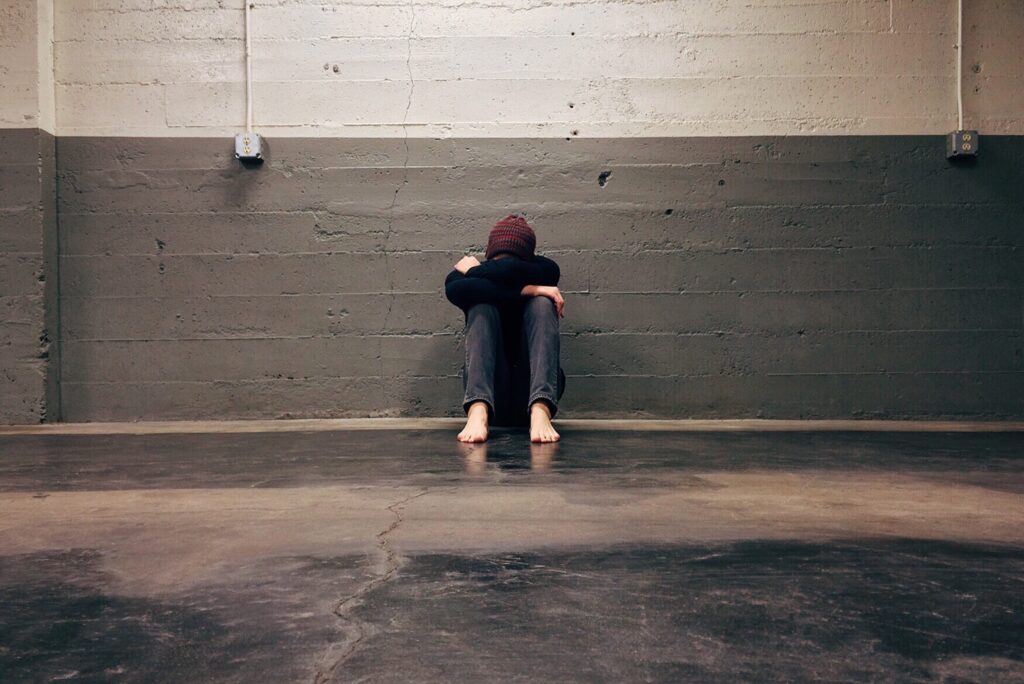Mental health is just as important as physical health. In fact, your mental health affects everything from your day-to-day life to your long-term goals. That’s why taking care of your mental health every day is essential. You can do many things to improve your mental well-being, so it’s essential to find what works best for you. Here are some things you can do every day to take care of your mental health:
Get Your Body Moving
Exercise is one of the best things you can do for your mental health. It releases endorphins, which have mood-boosting effects. It can also help to reduce stress and anxiety. If you’re unsure how to get started, plenty of resources are available to help you find the right exercise routine for your needs. In addition, many community groups and programs can offer support and motivation.
It’s essential to find an activity that you enjoy and that fits into your lifestyle. That way, you’re more likely to stick with it long-term. And remember, even a small amount of exercise can make a difference to your mental health. If you’re struggling to cope with stress or anxiety, exercise can be a great way to help you relax and feel better. It’s also an excellent way to boost your energy levels.
Make Time For Hobbies
Hobbies can be a great way to relax and unwind. They can also help you to meet new people and learn new skills. If you don’t have a hobby, there are plenty of options to choose from. However, it’s essential to find something you enjoy that fits into your lifestyle. That way, you’re more likely to stick with it long-term.
There are several ways that you can make time for your hobbies:
– Schedule it into your diary: Make sure you set aside some time each week to do your hobby. This can be a couple of weekend hours or even 30 minutes after work.
– Find a hobby group: There are many groups and clubs that you can join to meet people with similar interests. This can make your hobby more enjoyable and social.
– Do it at home: If you can’t find the time to go out and do your hobby, try doing it at home. This can be easier and more convenient, especially if you have young children.
Connect With People You Care About
Your relationships with family and friends are essential for your mental health. Spending time with people you care about can reduce stress, help you to feel more relaxed, and boost your mood. It’s also a great way to stay connected and supported.
If you cannot see your friends and family in person, there are plenty of other ways to stay connected. You can stay in touch via text, email, social media, or video chat. You could also join an online community or support group.
No matter how you choose to stay connected, the important thing is that you do. Isolation and loneliness can harm your mental health, so you must reach out and stay connected to the people who matter to you.
Seek Professional Help If You Need It
If you’re struggling to cope with stress, anxiety, or depression, it’s essential to seek professional help. There are many different types of treatment available, so there’s sure to be something that can help you.
Your GP is an excellent place to start if you’re unsure where to seek help. They can assess your symptoms and provide you with information about the different types of treatment. For example, if you are a veteran struggling with PTSD or other mental health issues, your GP can recommend ptsd treatment for veterans to ensure you get the help you need. If necessary, they can also refer you to a mental health professional for further assessment and treatment.
Many helplines and support groups are also available if you need someone to talk to. These can be a great way to get advice and support from people who understand what you’re going through. Mental health is just as important as physical health. If you’re struggling to cope, don’t suffer in silence. Seek help and support from a professional if you need it.
People experiencing mental health challenges sometimes benefit from additional support and care, which can provide assistance with companionship, daily tasks, and emotional support. Having access to quality in-home care services, such as those from platforms like Care.com, can be very helpful. Individuals and families can explore options for specialised caregivers who understand the nuances of mental health support and the experiences of others. It’s helpful to look at Care.com Reviews, where others share feedback on the quality of care and the reliability of the caregivers.
Get A Good Night’s Sleep
Sleep is essential for your physical and mental health. It gives your body a chance to recover and repair from the day’s activities. It also helps to improve your mood, memory, and concentration.
If you’re not getting enough sleep, it can have a negative impact on your mental health. For example, you may feel more anxious, stressed, and irritable. You may also find it difficult to concentrate or remember things.
There are several things you can do to help improve your sleep:
– Establish a regular sleep routine: Go to bed and wake up at the same time each day, even on weekends. This will help to regulate your body’s natural sleep rhythm.
– Create a relaxing environment: Make sure your bedroom is dark, quiet, and cool. This will help you to relax and get a good night’s sleep.
– Avoid caffeine and alcohol before bed: Caffeine and alcohol can both interfere with sleep. If possible, avoid them in the evening or late at night.
– Limit screen time before bed: The blue light from screens can disrupt your body’s natural sleep rhythm. So try to avoid using electronic devices for at least an hour before bedtime.
Take A Break From The News
The news can be a great source of information but also a significant source of stress. So if you’re overwhelmed by the news, take a break. There’s no need to keep up with the news 24/7. Once or twice a day is plenty. And when you do watch or read the news, try to focus on the positive stories. There’s always some good news out there if you look for it.
You can also limit your exposure to negative news by choosing specific times to catch up on the latest headlines. For example, you could check the news in the morning and evening but avoid checking it during the day. This will help you to stay informed without getting too stressed out.
You can do many things every day to take care of your mental health. These include being active, making time for hobbies, staying connected to friends and family, seeking professional help if necessary, getting a good night’s sleep, and taking a break from the news. If you’re feeling overwhelmed or stressed out, try some of these tips to help improve your mental well-being.
P.S. This post contains affiliate links.


